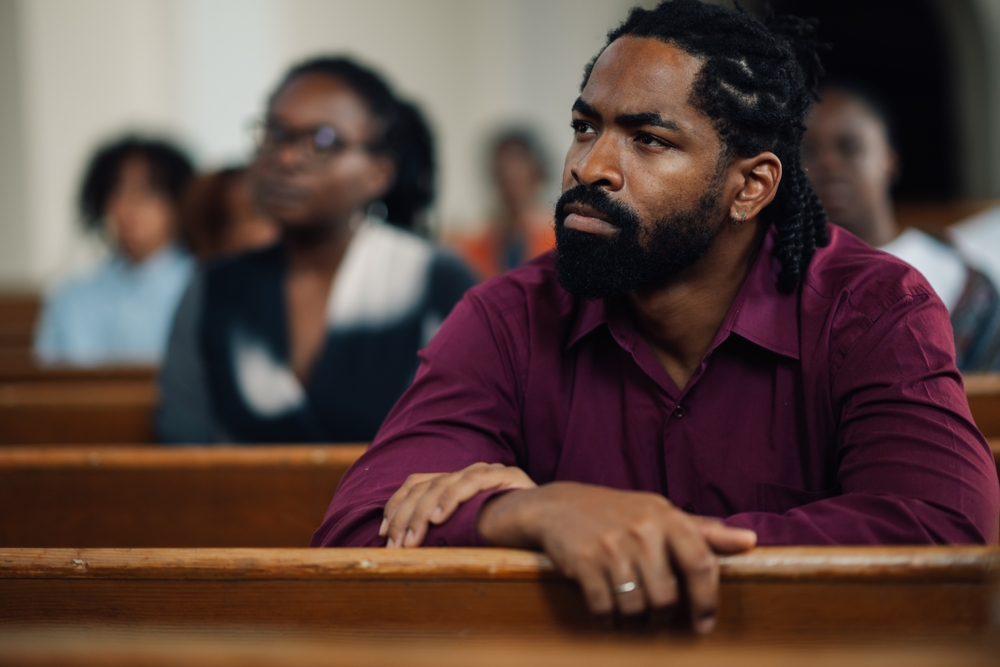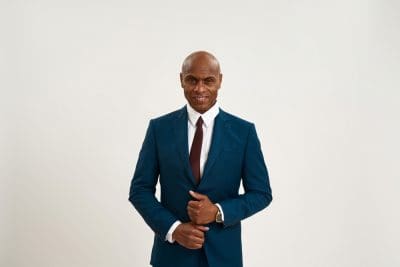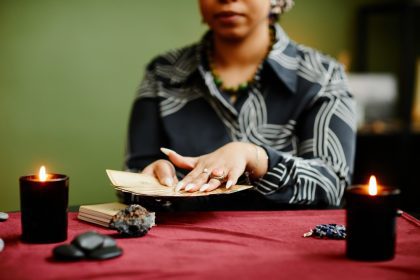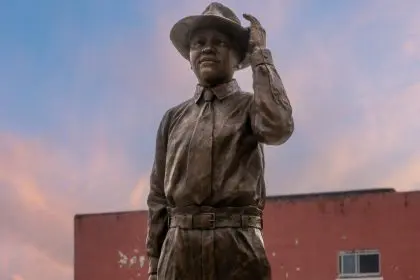Religion has long served as a cornerstone of human civilization, offering guidance, community, and purpose to countless generations. Yet recent years have witnessed a growing disconnect between men and traditional religious practices. This shift reflects not just personal choices but broader changes in how modern society approaches spirituality and masculinity.
While religious institutions continue to play vital roles in many communities, increasing numbers of men express feelings of alienation from traditional faith practices. Understanding this phenomenon requires examining complex interactions between cultural expectations, evolving gender roles, and changing approaches to spirituality.
Cultural misalignment
Modern masculinity often conflicts with traditional religious expectations. Many faiths emphasize humility, emotional vulnerability, and submission to higher authority—qualities that can seem at odds with societal messages promoting male self-reliance and stoicism. This disconnect creates internal tension for men trying to reconcile their faith with cultural expectations.
Gender roles within religious communities frequently reflect historical rather than contemporary understandings of masculinity. As society’s views on gender evolve, many men find traditional religious frameworks increasingly disconnected from their lived experiences. The absence of updated spiritual guidance addressing modern masculine challenges leaves many feeling adrift.
Emotional barriers
Religious practice often requires deep emotional engagement through prayer, confession, or communal worship. Yet societal conditioning frequently discourages men from expressing vulnerability or sharing feelings openly. This emotional suppression can make meaningful religious participation feel impossible or inauthentic.
Many men report struggling with judgment in religious spaces when showing vulnerability. Fear of criticism or rejection when discussing personal challenges can prevent genuine engagement with faith communities. Without safe spaces for honest dialogue about doubts and struggles, men may withdraw from religious participation entirely.
Institutional challenges
Modern individualism often clashes with the hierarchical nature of many religious institutions. Men accustomed to questioning authority and determining their own paths may find traditional religious structures restrictive or outdated. This tension between personal autonomy and institutional authority creates significant barriers to engagement.
Public scandals involving religious organizations have eroded trust among many men. When religious leaders appear more focused on maintaining power than providing spiritual guidance, men may question the authenticity and value of institutional religion altogether. This skepticism can lead to complete disengagement from organized faith.
The search for relevance
Many men seek practical, actionable guidance for navigating life’s challenges. Traditional religious teachings sometimes feel disconnected from contemporary issues like career pressure, relationship dynamics, or mental health. Without clear applications to daily life, religious practice may seem irrelevant or impractical.
The intersection of faith and mental wellness presents particular challenges. While religion historically provided emotional support, many men now turn to secular resources like therapy or mindfulness practices. Religious communities that don’t acknowledge or address mental health needs may seem out of touch with modern realities.
Community dynamics
Religious spaces often appear designed primarily for families or women, with programming and messaging that may not resonate with men’s experiences. This perceived feminization of religious practice can make men feel like outsiders in their faith communities.
The lack of male-specific support groups or mentorship opportunities within religious organizations leaves many men without proper guidance or fellowship. Without strong male role models demonstrating how to integrate faith with modern masculinity, younger generations may struggle to see themselves in religious spaces.
Alternative approaches
In response to traditional religious disconnection, many men explore personal spirituality or alternative belief systems. These individualized approaches allow for greater flexibility in spiritual practice while maintaining autonomy over one’s faith journey.
Some men find meaning in secular communities or activities that provide similar benefits to religious participation—such as purpose, belonging, and moral guidance. These alternatives may better align with contemporary masculine identities while fulfilling spiritual needs.
Moving forward
Addressing men’s disconnection from religion requires thoughtful adaptation rather than wholesale rejection of tradition. Religious institutions can create more inclusive environments by acknowledging modern masculine experiences and providing relevant spiritual guidance.
Developing safe spaces for men to explore faith honestly and vulnerability represents a crucial step. Communities that encourage open dialogue about doubts, struggles, and contemporary challenges help men reconnect with spirituality authentically.
Building bridges
Religious organizations benefit from examining how they engage with modern masculinity. Updated messaging that acknowledges contemporary male experiences while maintaining spiritual depth can help bridge the current divide.
Practical applications of faith to daily challenges—from work stress to relationship dynamics—make religious teaching more relevant and accessible. When men see clear connections between spiritual practice and life improvement, engagement becomes more meaningful.
Looking ahead
The perceived disconnect between men and religion highlights opportunities for growth and adaptation in faith communities. By addressing cultural barriers, fostering emotional safety, and providing relevant guidance, religious institutions can better serve men’s spiritual needs.
Success requires balancing traditional wisdom with contemporary understanding. Religious communities that evolve thoughtfully while maintaining their core values can create spaces where modern men feel welcomed, understood, and spiritually nourished.
This story was created using AI technology.













